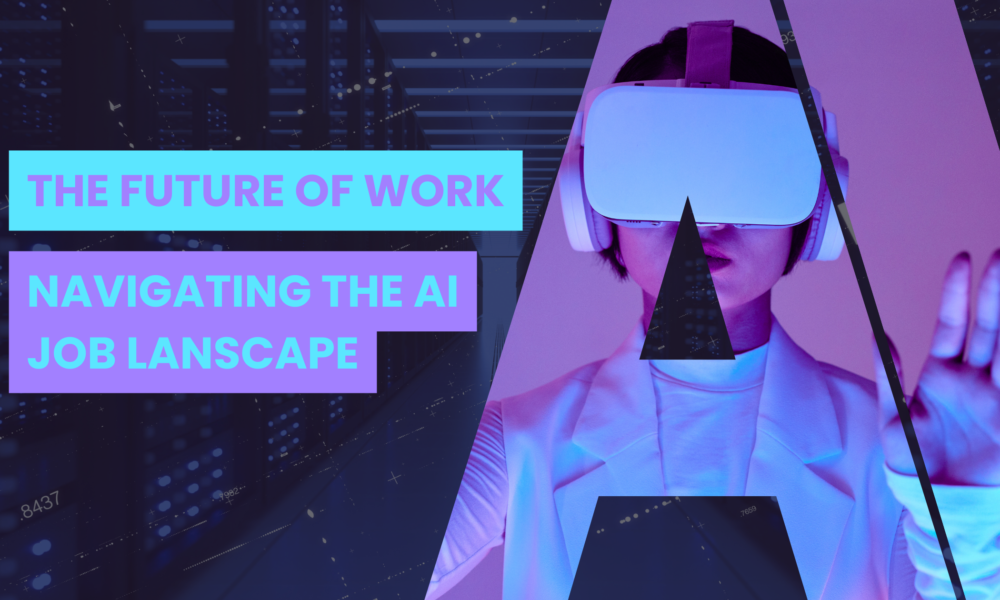Preparing for the AI-Driven Job Market.
Upskilling and Reskilling: A Path Forward.
The key to thriving in an AI-influenced job landscape is continuous learning. Professionals must embrace upskilling and reskilling, focusing on areas where human intelligence complements AI, such as emotional intelligence, creative problem-solving, and strategic thinking. Online platforms like Coursera and Udacity offer courses in AI, machine learning, and data science, providing valuable resources for those looking to enhance their skill set.
The Role of Education and Training Programs.
Educational institutions and companies are increasingly recognizing the importance of adapting curricula and training programs to meet the demands of the AI-driven economy. Initiatives like IBM’s P-TECH model, which provides students with a pathway from high school to college and career, exemplify efforts to prepare the workforce for the future. These programs focus on STEM subjects, critical thinking, and digital literacy, equipping students with the skills needed for tomorrow’s job market.
Embracing a Lifelong Learning Mindset.
Adopting a mindset of lifelong learning is essential in the age of AI. The rapid pace of technological advancement means that skills can become obsolete quickly. Professionals who are proactive in learning and adapting to new technologies will be better positioned to seize opportunities in the evolving job landscape.
The Importance of Soft Skills.
While technical skills are vital, the importance of soft skills cannot be overstated. Skills such as communication, teamwork, and adaptability will become increasingly valuable as AI takes on more routine tasks, leaving humans to handle more complex, nuanced activities that require emotional intelligence and creative thinking.
The future of work in the AI era is both challenging and promising. While AI will undoubtedly transform the job market, it also offers opportunities for innovation, career development, and personal growth. By staying informed, embracing continuous learning, and developing both technical and soft skills, individuals and organizations can navigate the AI job landscape successfully.


